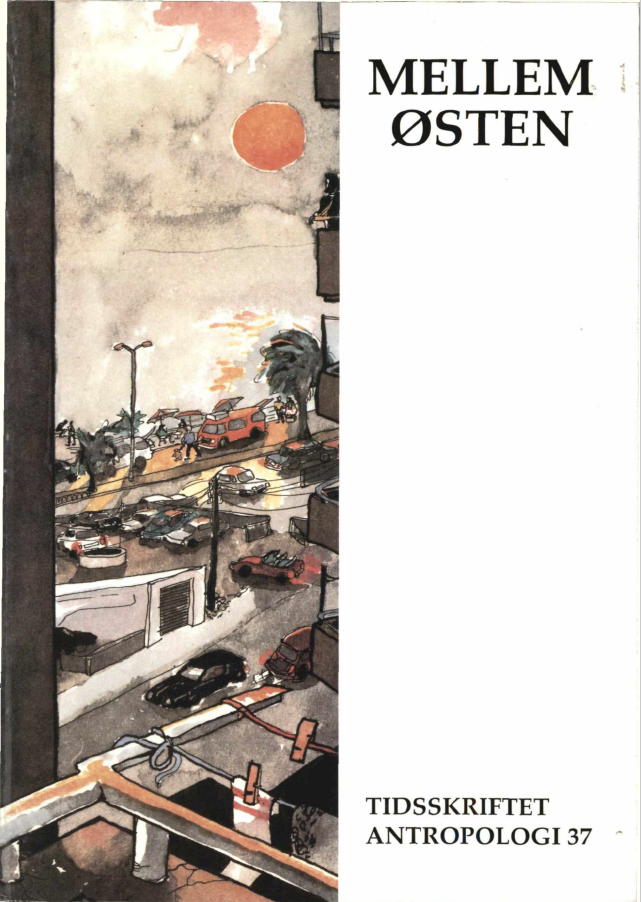NOMADERS FREMTIDSUDSIGTER: Beduiner i oliestaterne Qatar og Bahrain og pashtuner i Afghanistan
DOI:
https://doi.org/10.7146/ta.v0i37.115244Abstract
Klaus Ferdinand: Nomads’ Perspectives
on the Future. Beduins in the Oil States
Qatar and Bahrain and Pashtuns in
Afghanistan
The study of pastoral nomads and especially
the processes of change they are (and have
been) undergoing has, for several decades.
been an important field of study in
anthropology. In the Middle East nomadism
does not only comprise pastoral nomads but
a wide variety of other developments in
interplay with the surrounding social
environment. This “multi-resource nomadism”
(Salzman 1969) or “extended
nomadism” is culturally stamped by its local
or regional cultural and social surroundings.
In Afghanistan these developments have
resulted in settling down. When does it
become appropriate to stop talking of
nomadism and nomads altogether? This is
discussed on the background of material
from the Arab Gulf States Qatar and Bahrain
and from Afghanistan. Furthermore, the very
different status of the nomads in Arabia and
in Afghanistan (and Iran) is discussed. In
Arabia traditional Beduin life is fast disappearing,
but it is kept “alive” in a new role
as part of the affluent oil states’ national
identity and exhibited in their museums and
centres of national heritage. In Afghanistan
the situation is quite the reverse: here the
nomads have generally been considered
“wild” and represented an outdated form of
life. In spite of this faet, however, they continue
to exist, and to all appearances are also
expanding in numbers throughout the 1980s
and 1990s with the turbulent and chaotic war
situation. Nevertheless, as nomadism is on
its way out and becoming a matter of history,
it is argued that our studies also have to
become historical, and once again also have
to comprise the study of material culture.
This is so, because our rich museum
collections in the future will serve as
primary data collections. This necessitates
having them well doeumented and this is not
usually the case!
Downloads
Published
How to Cite
Issue
Section
License
Ophavsretten til artiklerne i Tidsskriftet Antropologi tilfalder forfatteren.
Artikler publiceret i Tidsskriftet Antropologi må citeres, downloades og videresendes for ikke-kommerciel brug, under forudsætning af normal akademisk reference til forfatter(e) samt tidsskrift, årgang, nummer og sider. Artiklerne må kun genudgives med eksplicit tilladelse fra forfatter(e) og tidsskriftet.


